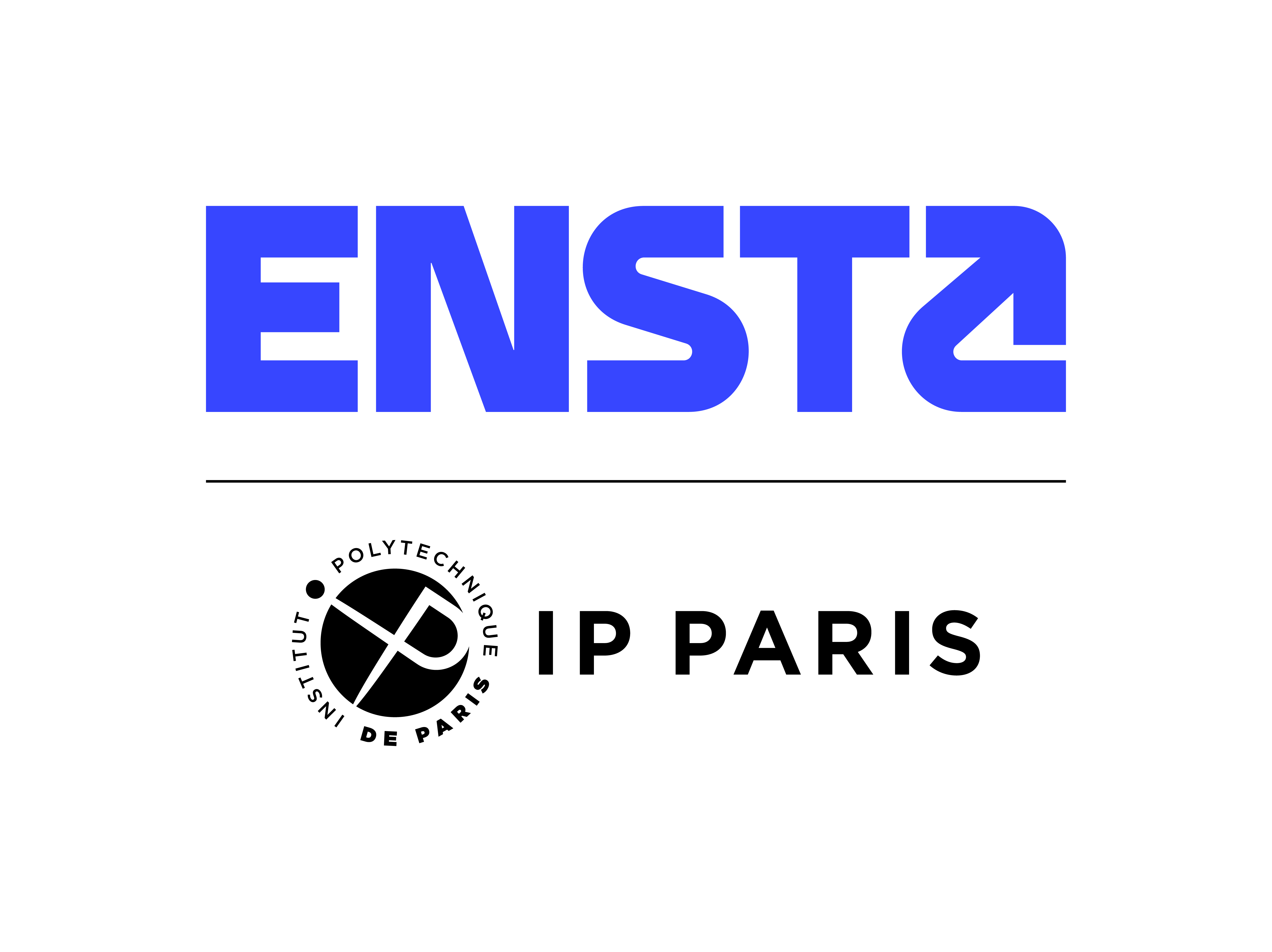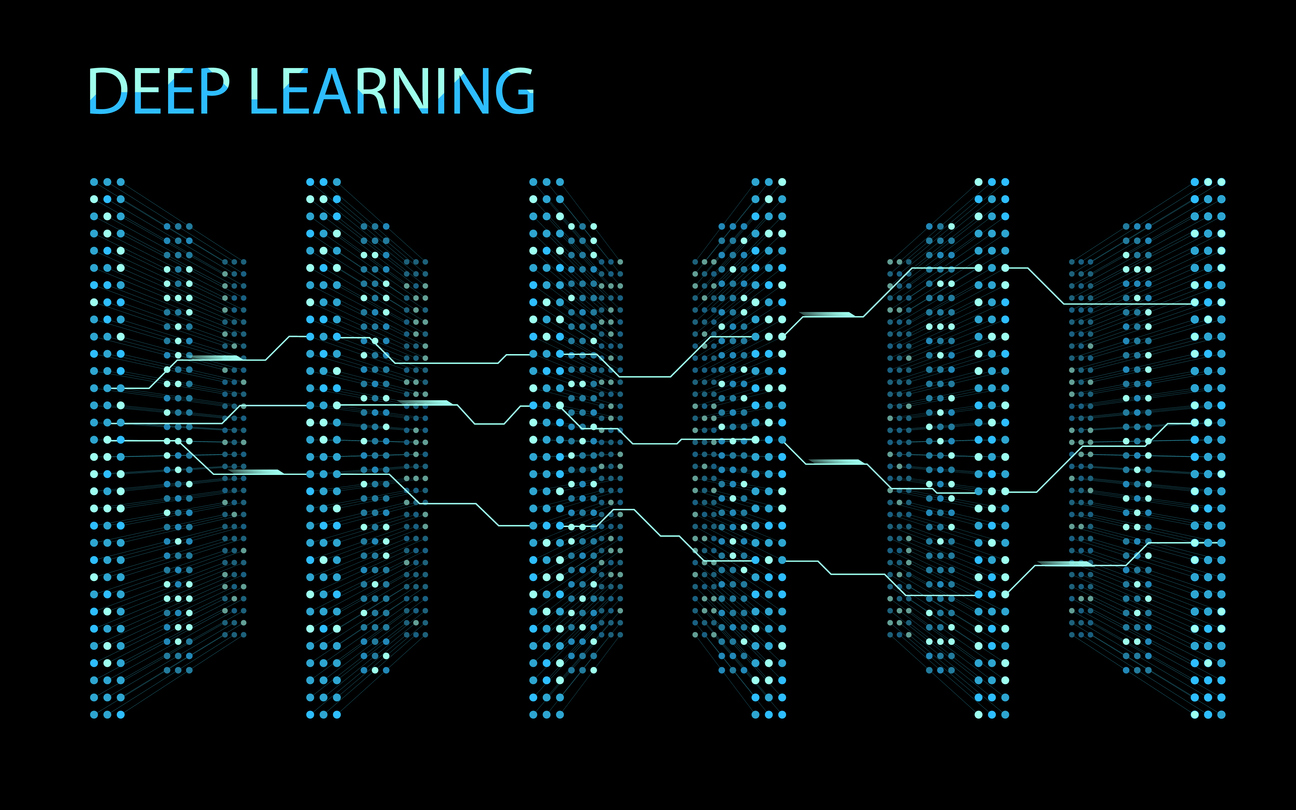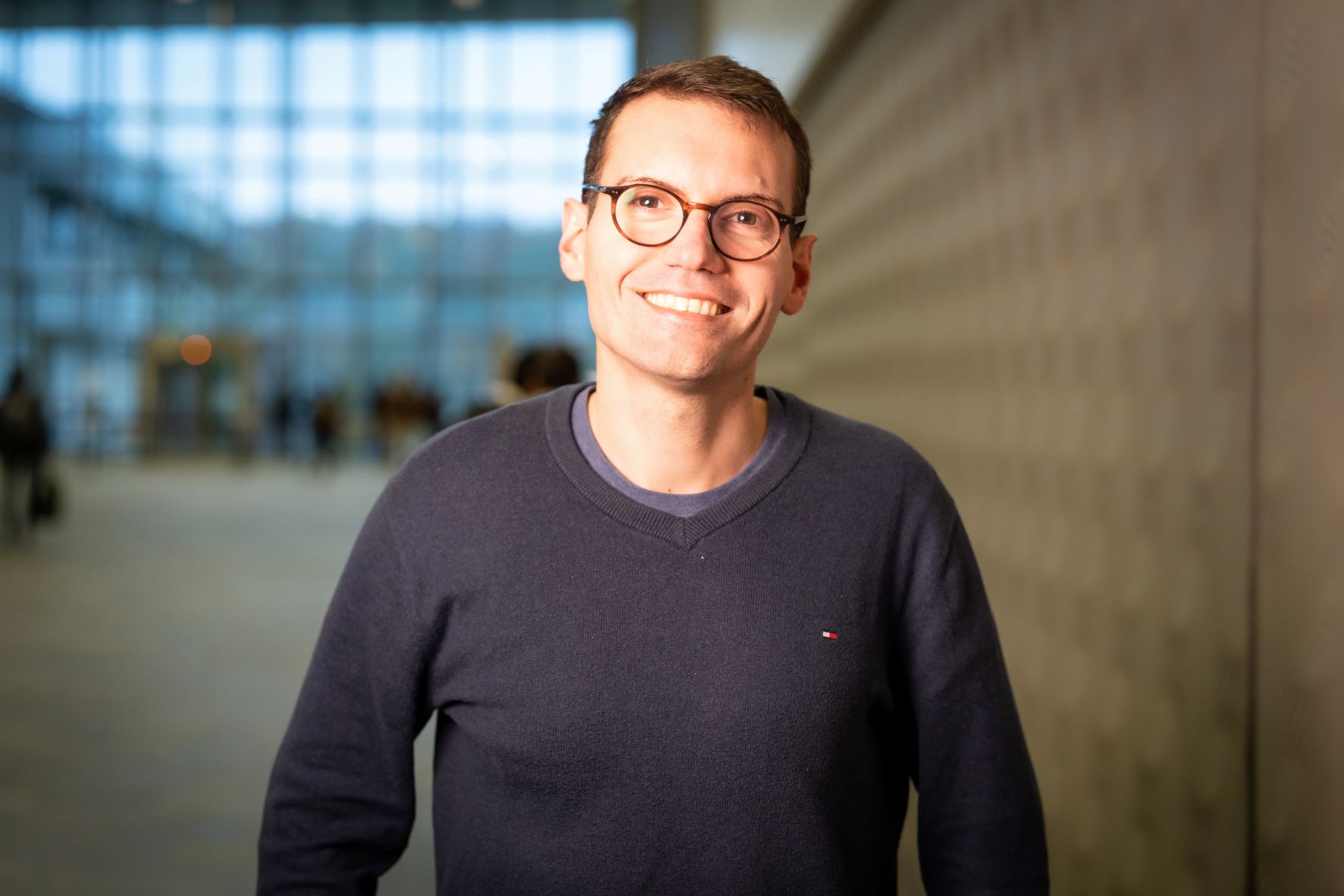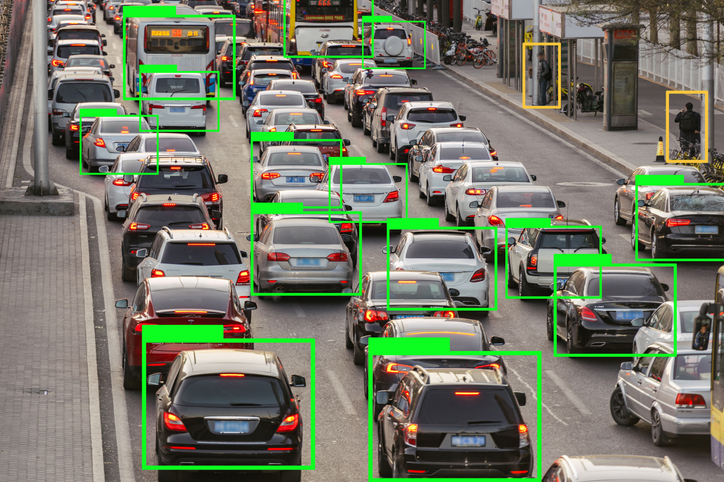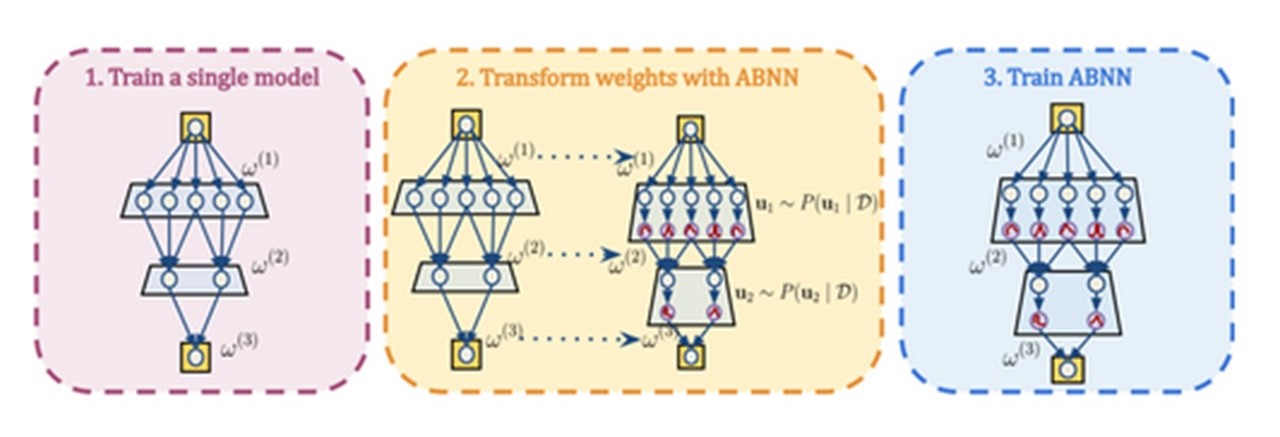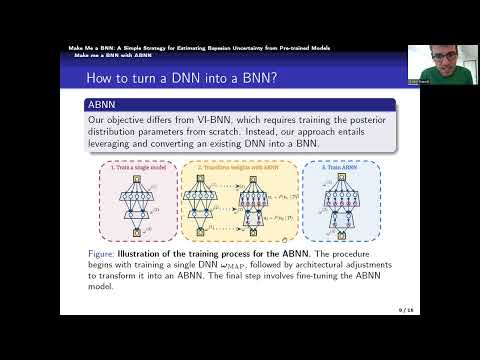Neural networks have revolutionized the approach to artificial intelligence. Initially confined to the repetitive tasks of image recognition or classification, they are now performing increasingly complex functions. But they give certain results, without being able to model the limits of their knowledge. Such results can be dangerous in today's highly uncertain world, as ENSTA Paris teacher-researcher Gianni Franchi explains:
"Take the case of a neural network trained to recognize animals: cats, dogs, birds - it's unbeatable. But that's all it can do. If it's ever presented with an image of a car, chances are it'll say it's a dog, because it's the species with the greatest intrinsic morphological variability. For the network, the car will be a new type of dog, with round legs! And when asked how confident he is in this classification, he'll give a score of 90%!
Now imagine the opposite situation: another neural network trained to recognize road signs, cars and common obstacles, and installed in an autonomous vehicle. A wild boar appears at the bend in a country road, a class of object it has never seen before. The risk is high that he will interpret it neither as a tree, nor as a pedestrian, and let the vehicle continue on its way towards this object that doesn't fit into his categories, and therefore doesn't exist for him"
Bayesian neural networks have a distribution at the level of each neuron that enables them to handle this type of uncertainty. The new approach, which Gianni Franchi will be detailing in Seattle, transforms a conventional neural network into a Bayesian neural network capable of handling uncertainty. This technique makes it possible to reuse all neural networks already trained to perform complex tasks such as GPT, etc., thus saving time and energy.
Références : Make me a BNN : a simple strategy for estimating Bayesian Uncertainty from pre-trainded Models. Gianni Franchi (U2IS,ENSTA Paris), Olivier Laurent (ENSTA Paris, Université Paris-Saclay), Maxence Leguery (U2IS, ENSTA Paris), Andrei Bursuc (Valeo IA), Andrea Pilzer (NVIDIA) & Angela Yao (NUS)

